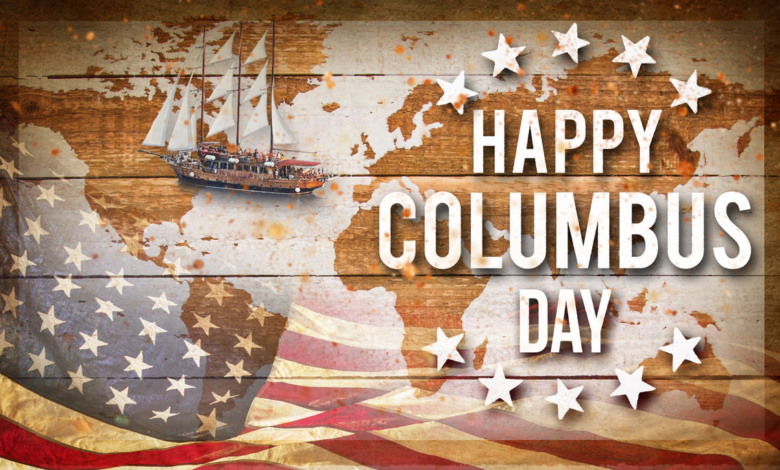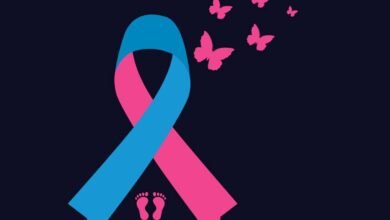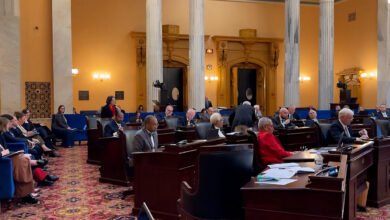COLUMBUS DAY: History, Controversy, and the Lessons We Teach our Precious Children

Understanding a Complex Legacy
On Thursday, October 9, 2025, President Donald J. Trump signed a proclamation officially reaffirming Monday, October 13, 2025, as Columbus Day, calling Christopher Columbus “the original American hero” and “a giant of Western civilization.”
While the proclamation did not create a new holiday, Columbus Day has been a federal holiday since 1968, it reignited long-standing debates about how history is remembered, taught, and celebrated, especially among families, educators, and child development advocates.
The Origins of Columbus Day
Columbus Day commemorates Christopher Columbus’s arrival in the Americas on October 12, 1492, when he landed at Guanahaní, an island in the Bahamas. His voyage, financed by Spain’s monarchs Ferdinand and Isabella, marked the beginning of the European colonization of the Americas and what historians call the Columbian Exchange, a transfer of people, crops, animals, and cultures that reshaped the world.
The earliest organized celebrations of Columbus’s landing were led by Italian American communities seeking to honor their heritage and contributions. In 1792, New York City held its first celebration, and by 1937, Columbus Day was declared a federal holiday.
However, its deeper roots were also born from pain: in 1891, after the mass lynching of 11 Italian Americans in New Orleans, President Benjamin Harrison proclaimed October 12, 1892, as a one-time national holiday, a gesture of reconciliation with Italy after one of the largest lynchings in U.S. history.
The Controversy and the Call for Reflection
Over the years, Columbus Day evolved from cultural pride to political debate. For many, Columbus represents courage, exploration, and discovery. But for others, his arrival symbolizes colonization, enslavement, and the suffering of Indigenous peoples who faced violence, displacement, and erasure after European conquest.
By the 1990s, a growing number of Americans began to reexamine the holiday. Many cities and states shifted toward observing Indigenous Peoples’ Day, a day to honour the resilience, culture, and contributions of Native communities.
This shift does not erase history; it broadens it. It invites families, educators, and communities to engage in truthful, balanced storytelling, the kind that builds empathy and understanding in the next generation.
Teaching Our Children the Whole Story
For children, history should be more than names and dates. It should be a mirror that reflects their values and a window that opens to other perspectives.
When we talk about Columbus Day, we have the chance to teach:
- Empathy: for both explorers and the Indigenous families who lived through the consequences of exploration.
- Perspective: understanding that “discovery” for one people meant “disruption” for another.
- Dialogue: encouraging children to ask, “What makes a hero?” and “Whose stories have not been told?”
- Peacebuilding: learning that true greatness lies not in conquest, but in respect for human dignity.
These lessons cultivate critical thinking, cultural awareness, and moral intelligence, the qualities that build strong families and compassionate citizens.
A Call to Families and Educators
As families mark this federal holiday, let it not be a day of division, but a day of dialogue and growth.
Parents and educators can:
- Read stories from both Indigenous and European perspectives.
- Explore the concept of shared history in age-appropriate ways.
- Encourage children to reflect on how exploration and discovery shape our world — and our responsibilities to one another.
Conclusion
Columbus Day and the conversations surrounding it remind us that the way we teach history shapes the way children see humanity. Whether we call it Columbus Day or Indigenous Peoples’ Day, the heart of the matter is the same: What values are we passing down?
Let this October not just commemorate an explorer’s voyage, but celebrate a collective journey, toward truth, empathy, and reconciliation.





